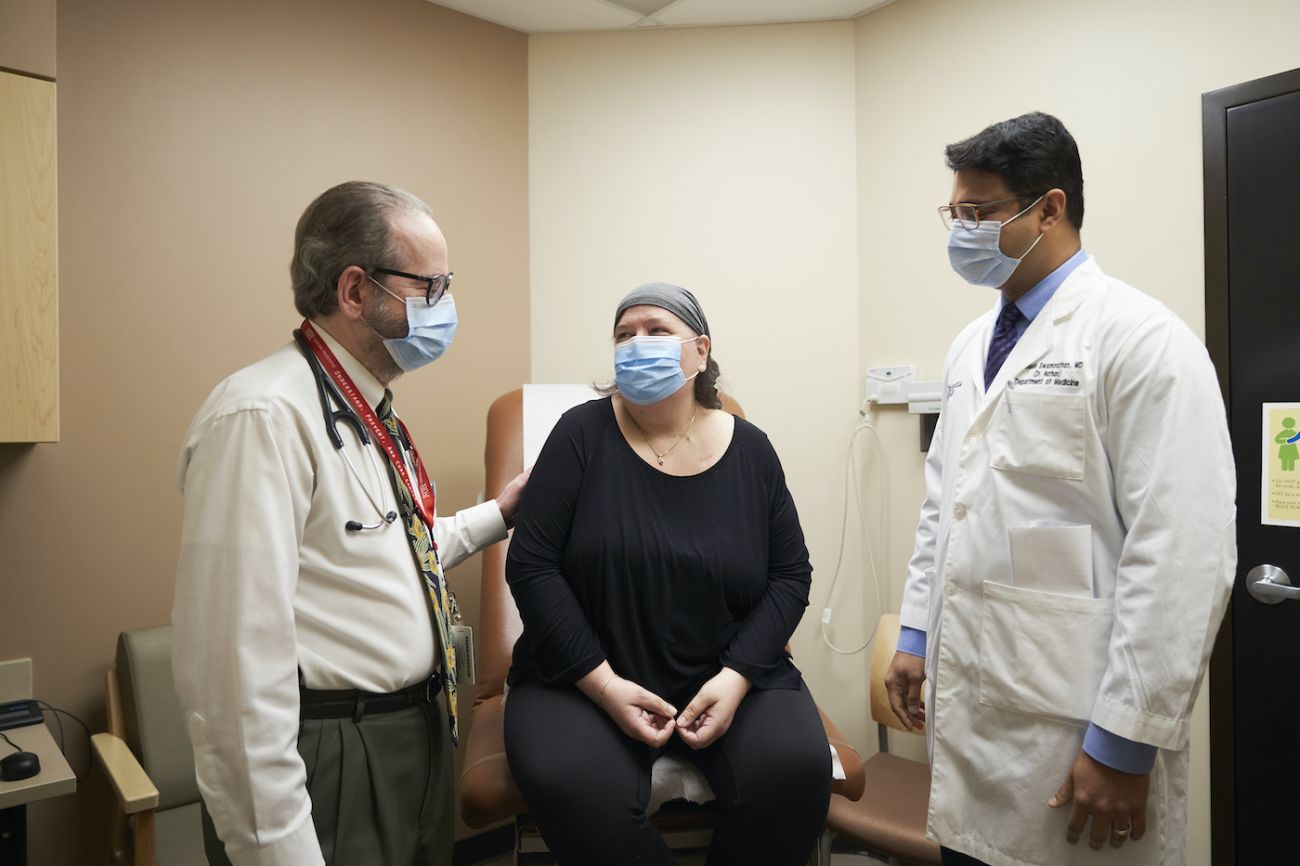Why it's important to stick with this long-term treatment
Most women diagnosed with invasive breast cancer are found to have hormone receptor-positive tumors. This means the tumors use the hormone estrogen to grow. Oncologists typically prescribe ongoing endocrine (hormone) therapy, or anti-estrogen therapy, for these patients for at least five years. These medicines, tamoxifen and aromatase inhibitors (anastrozole, letrozole, exemestane) are highly effective at preventing breast cancer recurrence if taken properly.
Taking endocrine therapy does three important things: The drug lowers the risk of your breast cancer recurring. It reduces the chance that you’ll develop breast cancer in the opposite breast. And, it increases survival. The longer you take it, the greater the benefit. Studies show that taking the drugs for 10 years reduces risk even more than the usual five years, and the protection persists years afterwards.
Despite the effectiveness of these medications, the number of women who discontinue the drug before the five-year milestone is surprisingly high — about one-third don’t complete the treatment. Some women cite unpleasant side effects; others wish to put cancer behind them; and others struggle with feelings of depression or motivation.
Never miss another Cancer Talk blog!
Sign up to receive our monthly Cancer Talk e-newsletter.
Sign up!I tell my patients that endocrine therapy is as important to their breast cancer treatment as chemotherapy. If you’re struggling to take hormonal therapy as prescribed, we want to help you address the issues that are making compliance difficult.
- Talk to your doctor about your side effects. These drugs can cause symptoms such as hot flashes, fatigue, and joint pain. On occasion, your physician can change your medication to find one that is better tolerated or work with you on strategies to manage your symptoms. For example, there are medications that can reduce hot flashes, and some women find exercise, anti-inflammatories or acupuncture helpful in managing joint aches resulting from therapy.
- Think of your diagnosis as a chronic disease. Many chronic diseases, such as diabetes and hypertension, are not curable, but they can be well controlled with medication. Adherence to hormone therapy can help keep you healthy and cancer-free.
- Join a support group or connect with other breast cancer survivors. Talking to other women on hormone therapy can help you feel supported and better able to cope.
